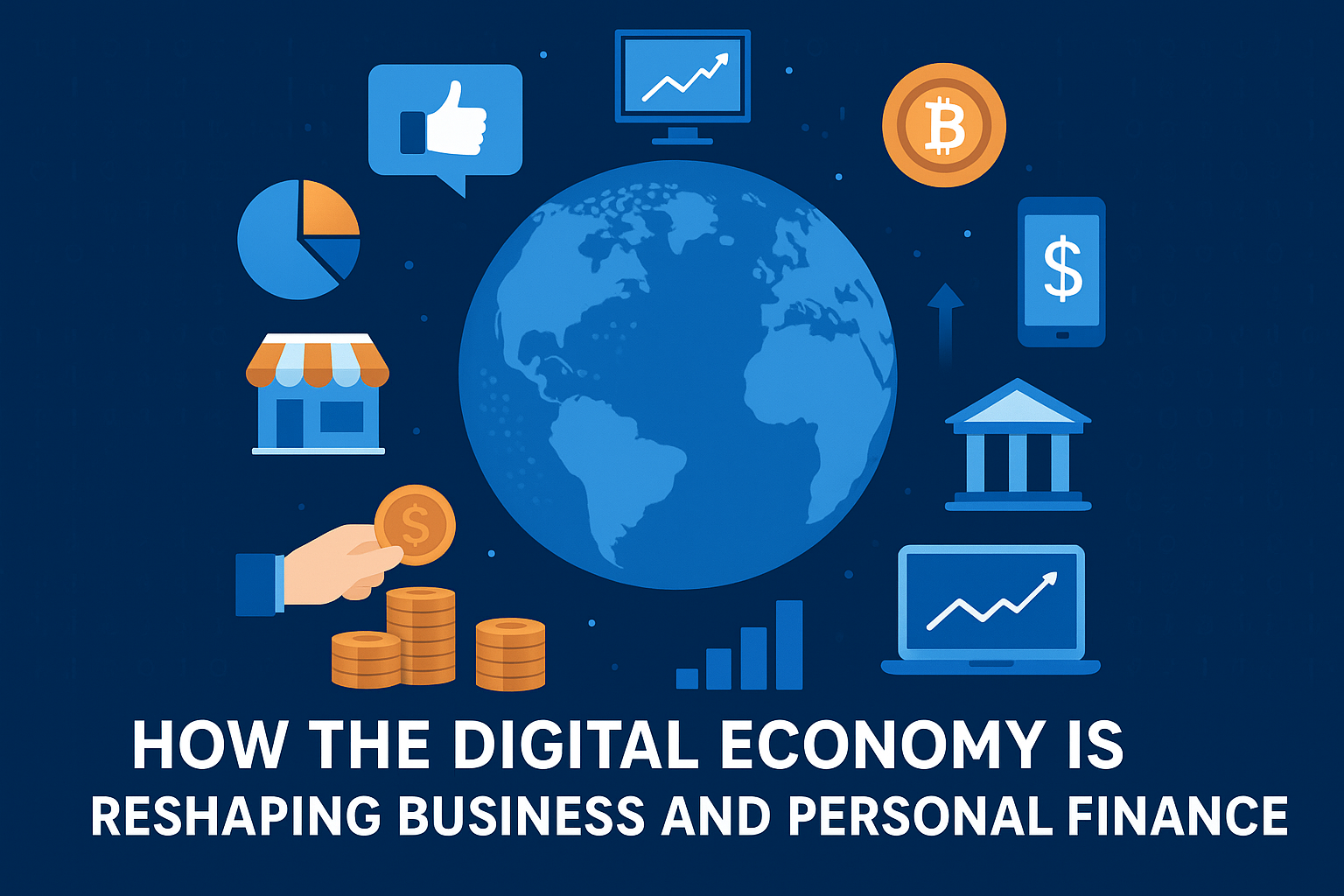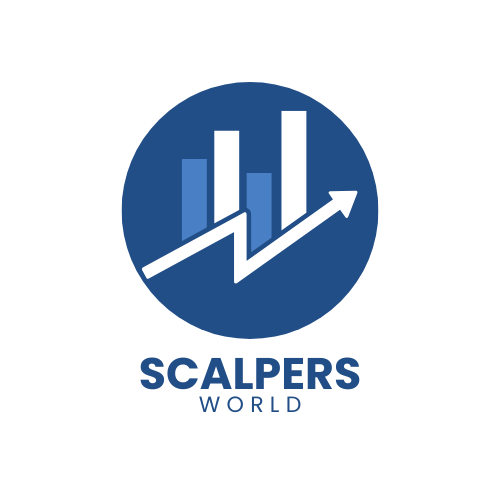
How the Digital Economy is Reshaping Business and Personal Finance
How the Digital Economy is Reshaping Business and Personal Finance
The digital economy is no longer a futuristic concept—it’s today’s reality. From online banking to e-commerce, cryptocurrency, and artificial intelligence, technology has completely changed the way businesses operate and how individuals manage money.
In this post, we’ll explore how the digital economy is reshaping both business and personal finance, creating opportunities and challenges in equal measure.
1. Business in the Digital Economy
a) E-Commerce Revolution
Traditional brick-and-mortar businesses are now competing with global e-commerce giants. Even small businesses can reach international customers through online marketplaces, digital ads, and social media.
b) Automation & AI
Artificial intelligence and automation are helping businesses cut costs and improve efficiency. Tasks like customer support, marketing, and even financial forecasting are now streamlined using AI-driven tools.
c) Data-Driven Decision Making
Businesses now rely heavily on big data analytics to understand customer behavior, optimize pricing, and predict market trends. This creates more personalized experiences, driving customer loyalty.
d) Digital Payments
Cash transactions are declining as digital wallets, online banking, and crypto payments become mainstream. This shift is accelerating financial inclusion worldwide.
2. Personal Finance in the Digital Age
a) Mobile Banking & Fintech Apps
Banking is now at your fingertips. Apps allow you to save, invest, and even borrow money instantly. Fintech platforms like robo-advisors make investing more accessible for beginners.
b) Rise of Cryptocurrencies
Bitcoin, Ethereum, and other digital assets have introduced new investment opportunities and alternative payment systems. While volatile, they’re reshaping how individuals think about money.
c) Gig Economy & Side Hustles
The digital economy has enabled people to monetize skills online—freelancing, e-commerce stores, digital marketing, and content creation. Personal finance is no longer tied to a 9–5 paycheck.
d) Financial Education Online
People now learn about investing, trading, and wealth management through online courses, blogs, and YouTube. Financial literacy is spreading faster than ever before.
3. Opportunities and Challenges
Opportunities:
- Wider access to global markets
- New income streams from digital platforms
- Lower entry barriers for starting businesses
Challenges:
- Cybersecurity risks (fraud, hacking, scams)
- Job displacement from automation
- Volatile digital assets like crypto
The winners in the digital economy will be those who embrace change, adapt quickly, and continuously learn.
Final Thoughts
The digital economy is transforming both business and personal finance at lightning speed. For businesses, it means more opportunities to scale and innovate. For individuals, it offers financial freedom, new income sources, and better money management tools.
The future is digital—and those who adapt will thrive.
